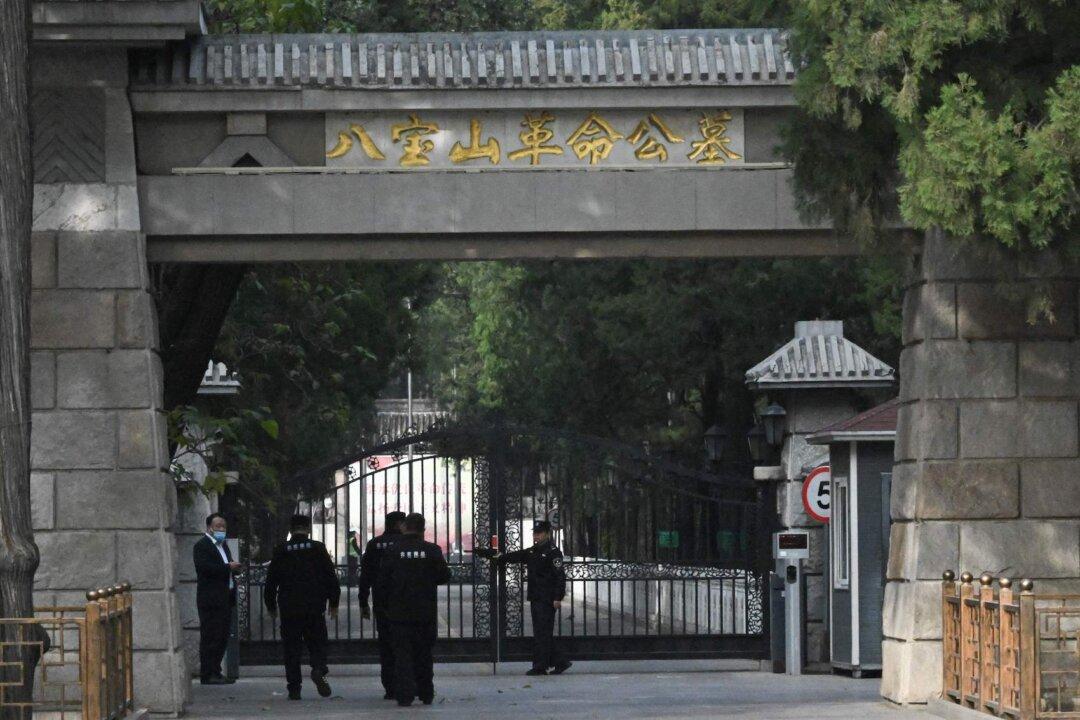Prominent Chinese communist patriarchies were absent from the recent official funeral of former Premier Li Keqiang. A China watcher has said it is an indication of a growing split in the Chinese Communist Party (CCP) hierarchy over the scrutiny of Mr. Li’s death.
The 68-year-old’s body was cremated at the Babaoshan Revolutionary Cemetery in Beijing on Nov. 2.





